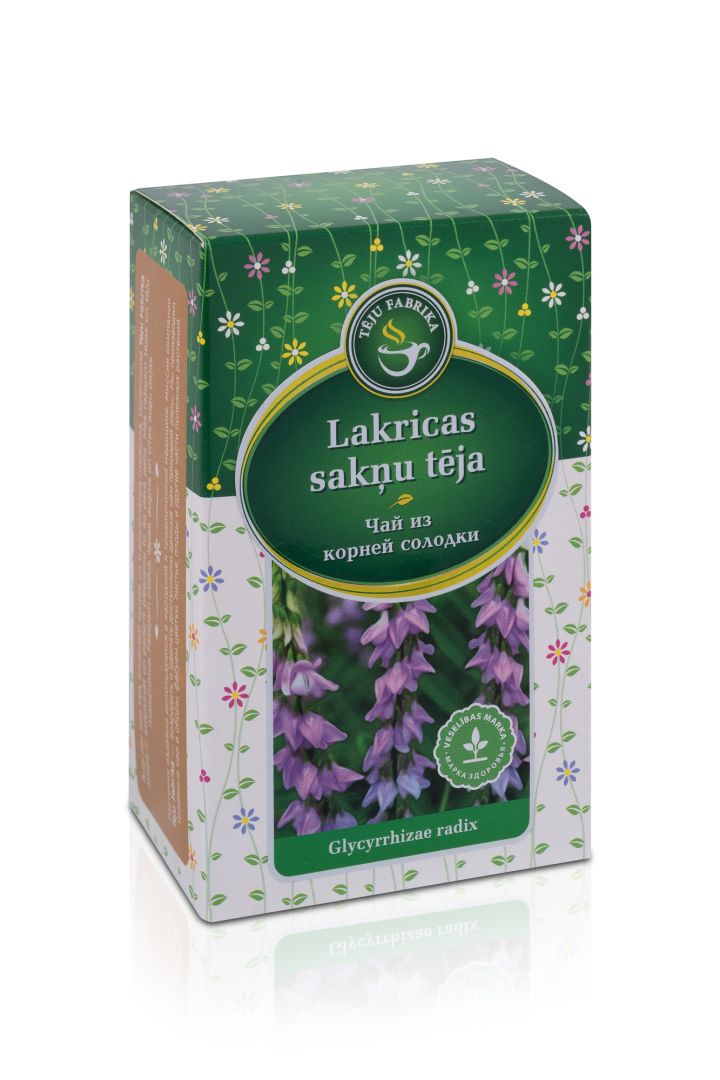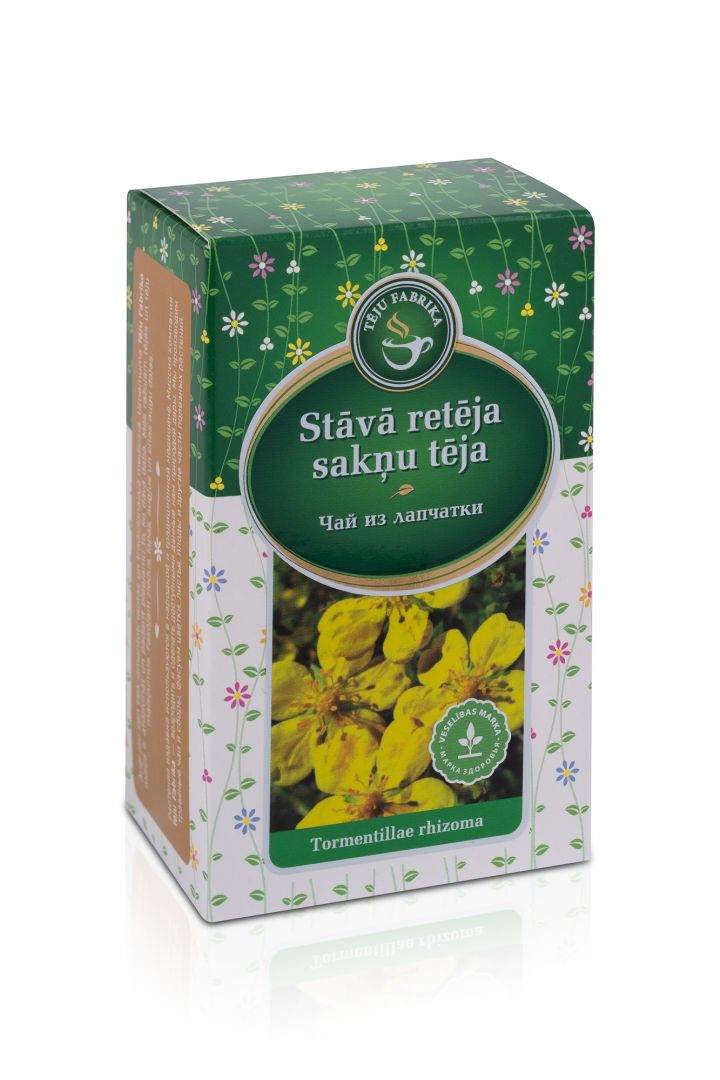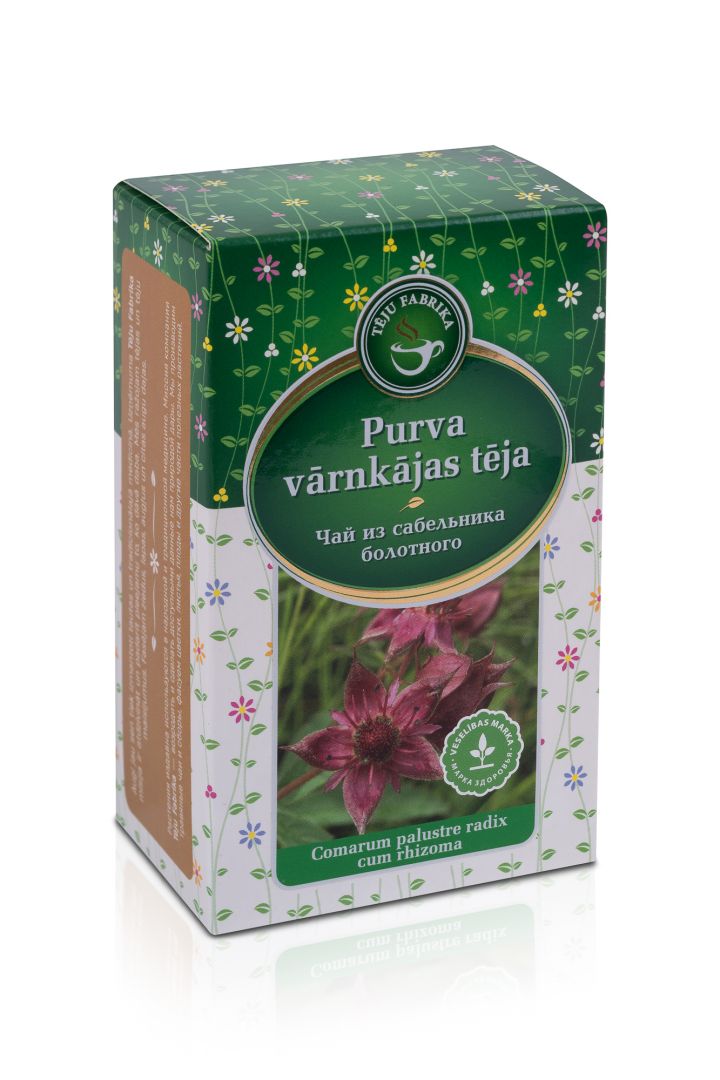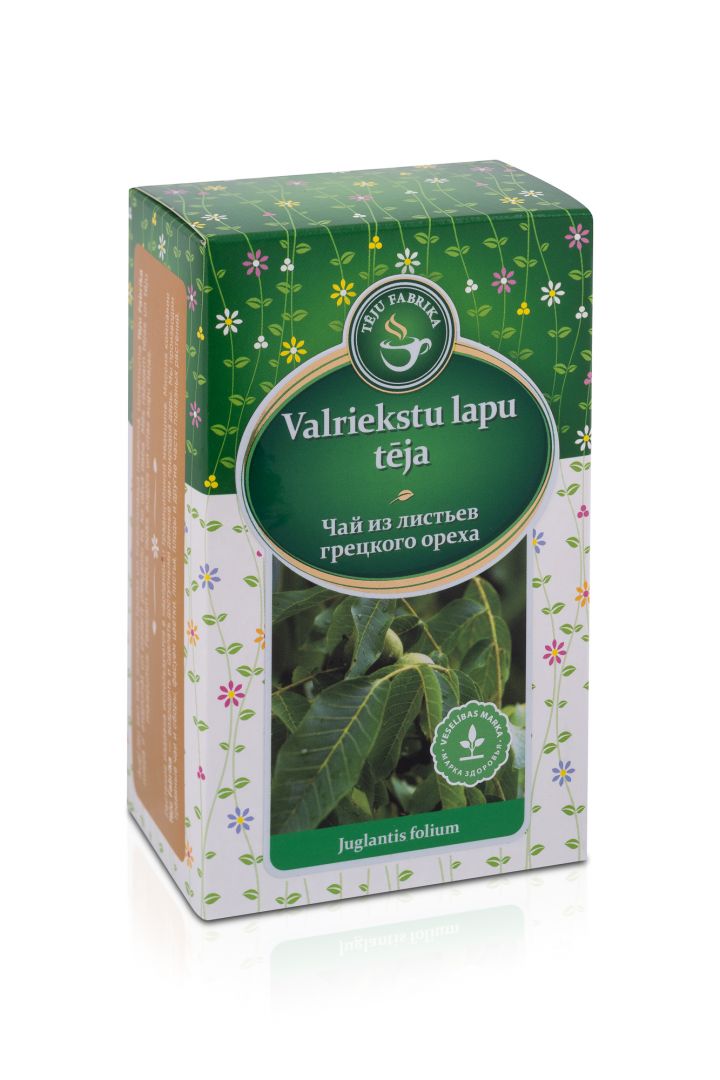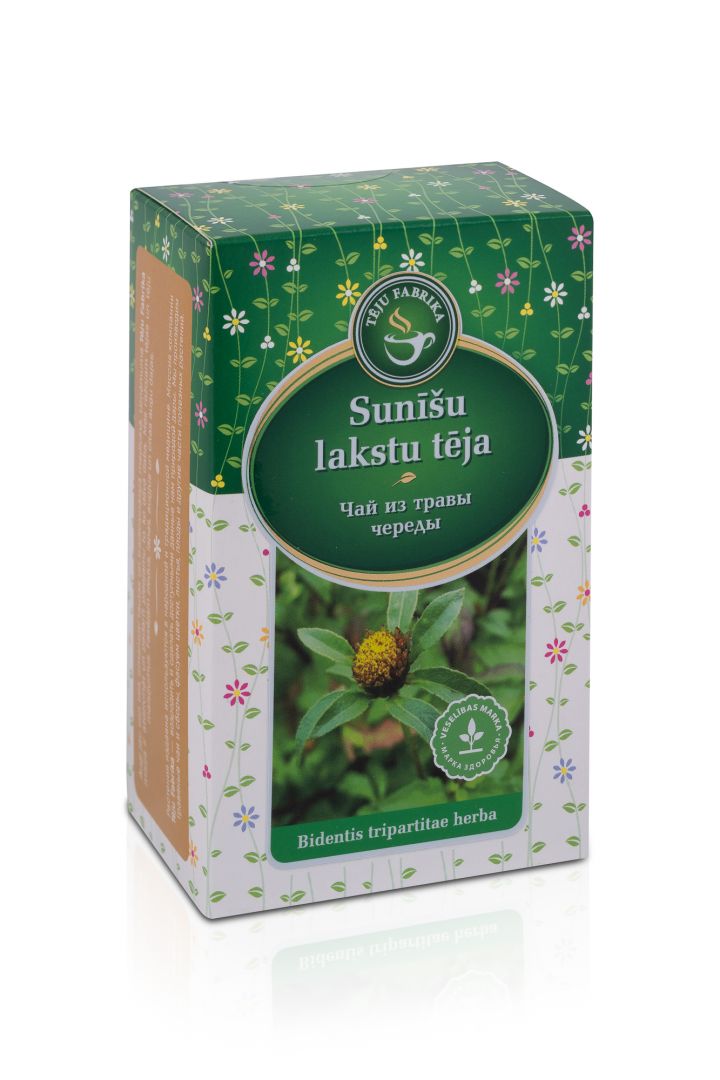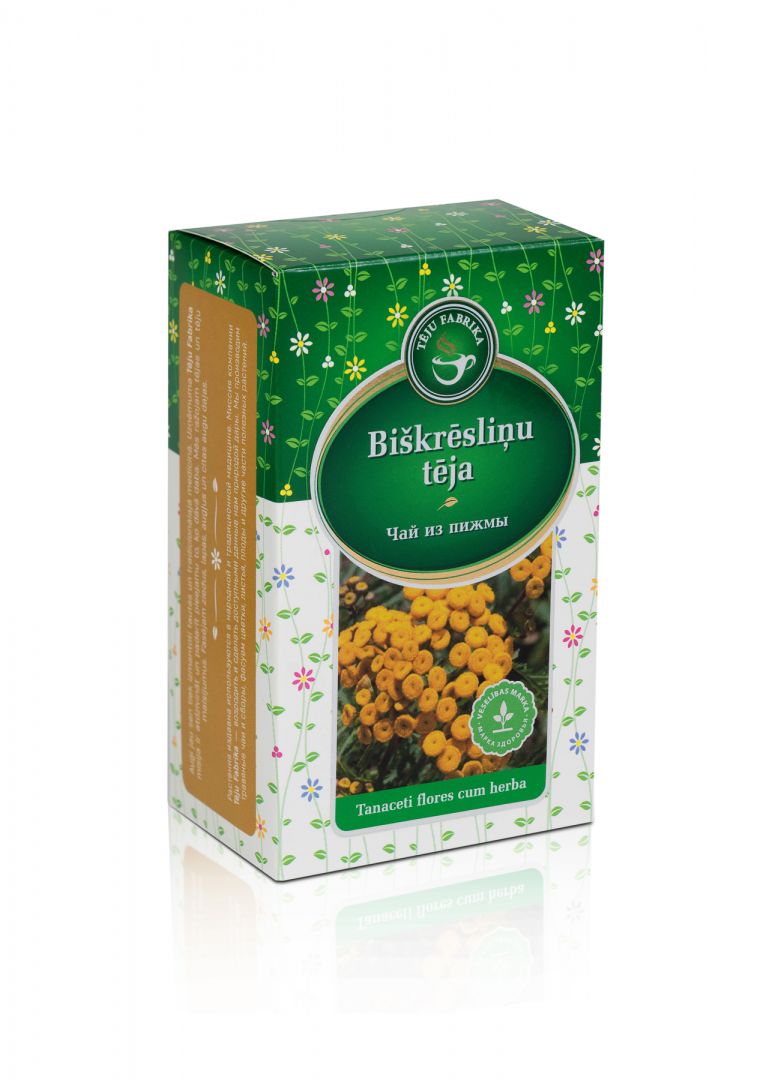Liqurice tea 70 g
-
€2.50
The medicinal properties of licorice root are determined by its unique composition of biologically active components. The plant contains compounds such as asparagine and glycyrrhizin, as well as a number of acids - glycyrrhizic, ascorbic, glycyrrhetinic and some others, which form the main effect on the body. In addition, the plant contains coumarins, terpene compounds (saponins), sterols and bioflavonoids. Also, licorice root is rich in mineral components - iron, copper, aluminum, selenium, zinc, manganese, potassium and others. The leading field of application is the treatment of diseases of the respiratory system (various types of cough, bronchitis, tracheitis), pathologies of the digestive system, and inflammatory diseases. Saponin substances help to enhance the production of mucus in the digestive and respiratory systems, protecting tissues from irritation and the influence of aggressive drugs, viruses, and microbes. They also dilute the phlegm accumulating in the bronchi, help to cough it up, and also disinfect mucus. Flavonoids have a mild analgesic effect, help reduce spasms and inflammation, and help relax smooth muscles in the bronchi and intestinal wall. Also, these substances normalize the capillary permeability for the liquid part of the blood. Licorice stimulates the body, helps in enhancing immunity, fighting systemic inflammation and excess fat deposition. It has mild antidepressant effects. Contraindications include components intolerance.

